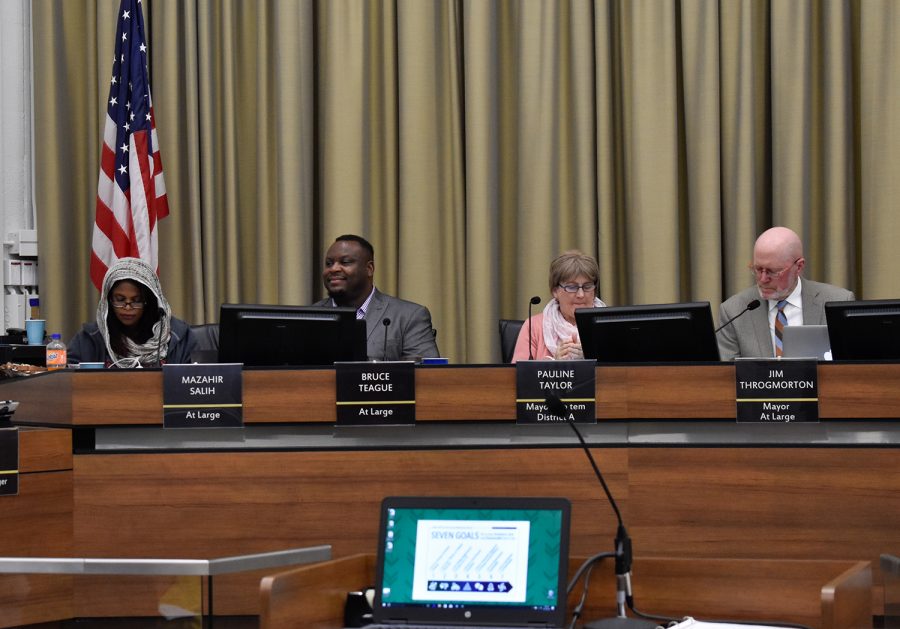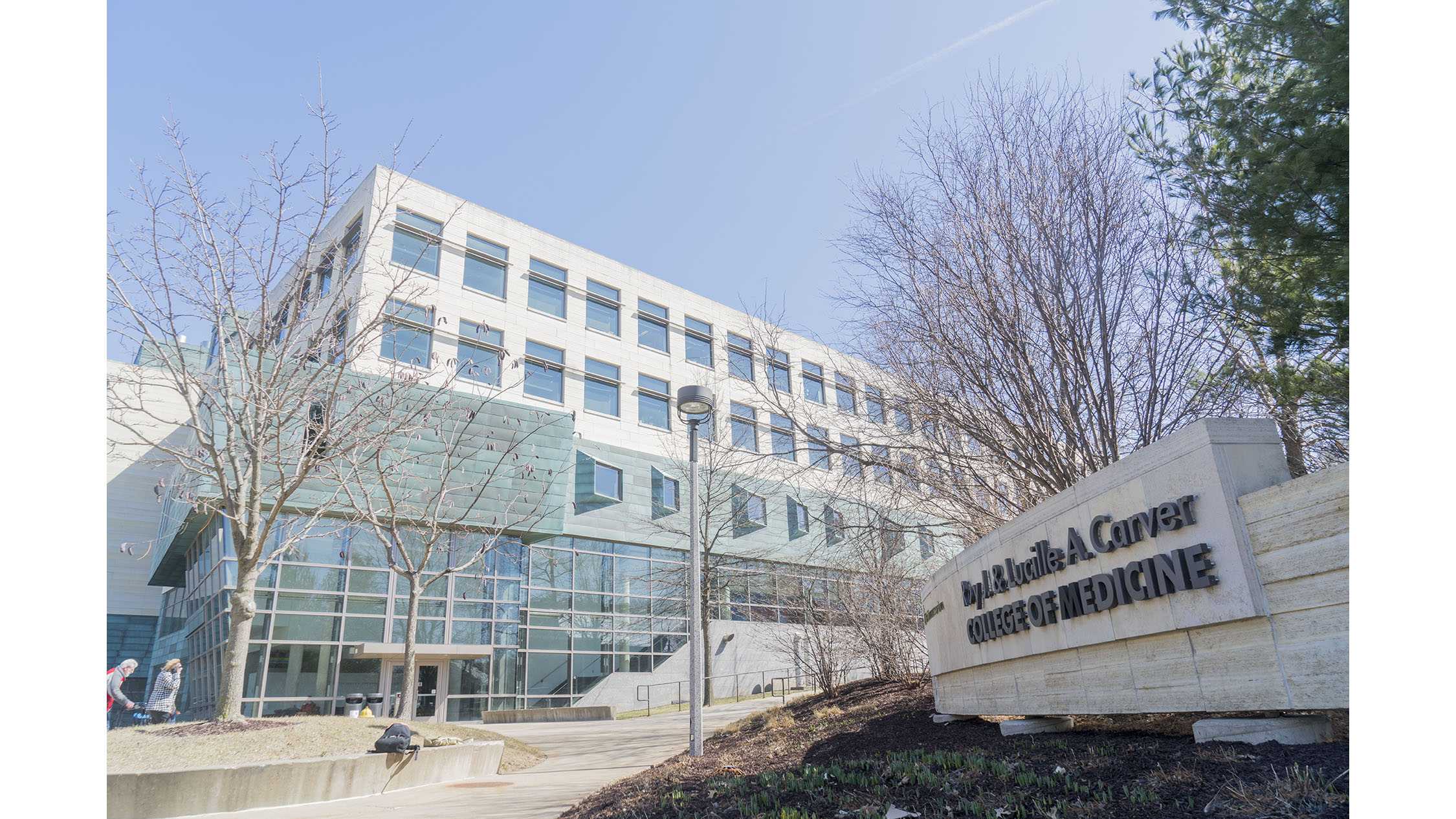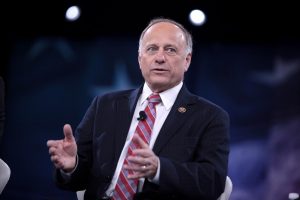City reviews proposed budget for upcoming fiscal year
The $186 million budget adds a recurring payment for affordable housing while dealing with declining revenue from property taxes.
The Iowa City Council meets for a formal meeting on Tuesday, October 16, 2018.
January 13, 2019
In a City Council work session on Jan. 5, officials reviewed Iowa City’s proposed budget for fiscal 2020.
The budget proposal predicts revenue of $191,136,329 and expenses totaling $186,604,722.
One of the biggest changes in the fiscal 2020 budget is a $650,000 fund for affordable housing. In previous years, the council has made a number of one-time payments toward affordable housing, but it has never been built into the budget.
The affordable-housing payment will be built in to future budgets, and the City Council will have the opportunity to add funds at the councilors’ discretion, Assistant City Manager Ashley Monroe said.
RELATED: City Council likely to OK maximum height bonuses on Pentacrest Garden Apartments
The council has approved an additional $140,000 payment for the South District Homeownership Program toward affordable housing, and it is considering requests for up to $350,000 from Housing and Community Development Commission and the Housing Fellowship.
“We’ve significantly expanded affordable-housing efforts,” City Manager Geoff Fruin said at the work session. “It’s now to the point where we’re not even using one-time funds. It’s actually embedded in our budget. That’s a huge accomplishment for this City Council.”
Following the adoption of the Climate Action Plan in September 2018, the budget includes a number of items that address climate concerns.
The city is considering installing solar panels in a number of public buildings and funding a methane study at the Wastewater Treatment Plant, Monroe said.
Additionally, the city will create an assistant facilities manager, a new position that will oversee energy efficiency at city facilities.
“This position would kick into high gear our energy efficiency projects,” Monroe said.
There are expenses that are difficult to plan for that can complicate the budgeting process, Fruin said. These include health care, pensions, and revenue from fuel sales. Fruin said health-care costs for the city have increased 18 percent in the past five years.
“These are major expenses that are frequently dictated by the state or financial conditions that we can’t control so we have to make sure that we have the financial capacity to react to these changes,” said Simon Andrew, the assistant to the city manager.
One major hit to city revenue is the steadily falling revenue from apartment buildings, Fruin said. Since state property tax was changed in 2013, the taxable value of apartment buildings and other multifamily housing has decreased every year. The properties will be taxed at 75 percent of their total value in fiscal 2020.
“That’s $125 million worth of taxable value that is just off our books,” Fruin said. “… it’s about $2 million in actual money that would be coming to the city had that property reform bill not been passed.”
To offset falling revenues from some areas, Fruin suggested at the work session that the council consider a 1 percent local sales tax, something that a number of large Iowa cities have implemented.
He noted that the revenue from a local sales tax could be used to fund road improvements, following the example of other Iowa cities that have the tax.
“We are one of the few cities, especially larger cities, that do not have this funding source,” Fruin said.
A City Council budget work session is scheduled for Wednesday.






